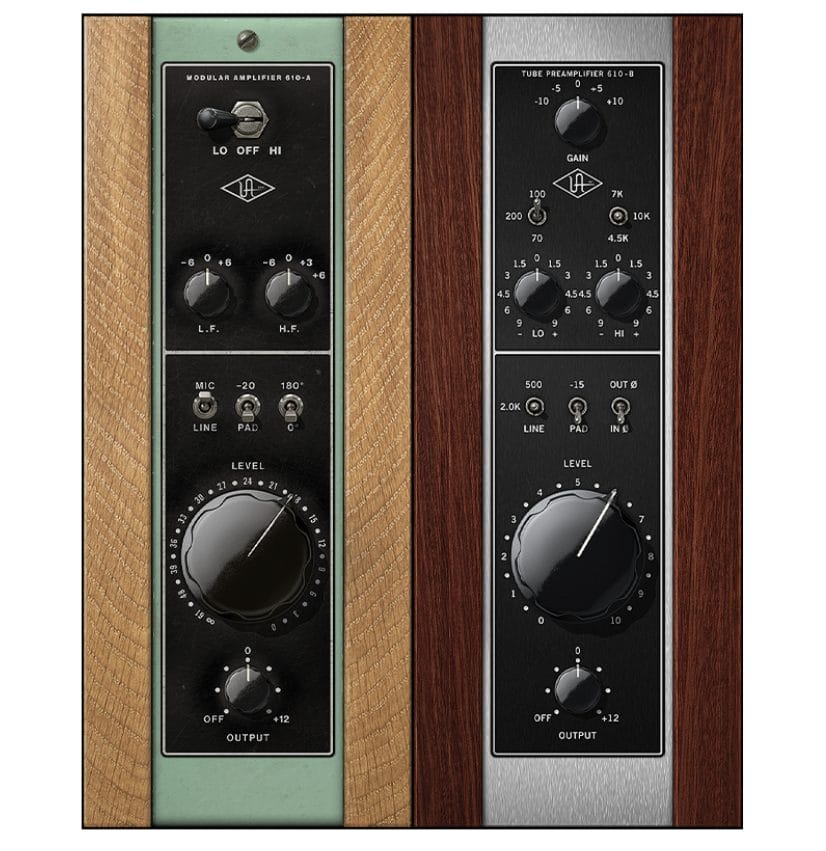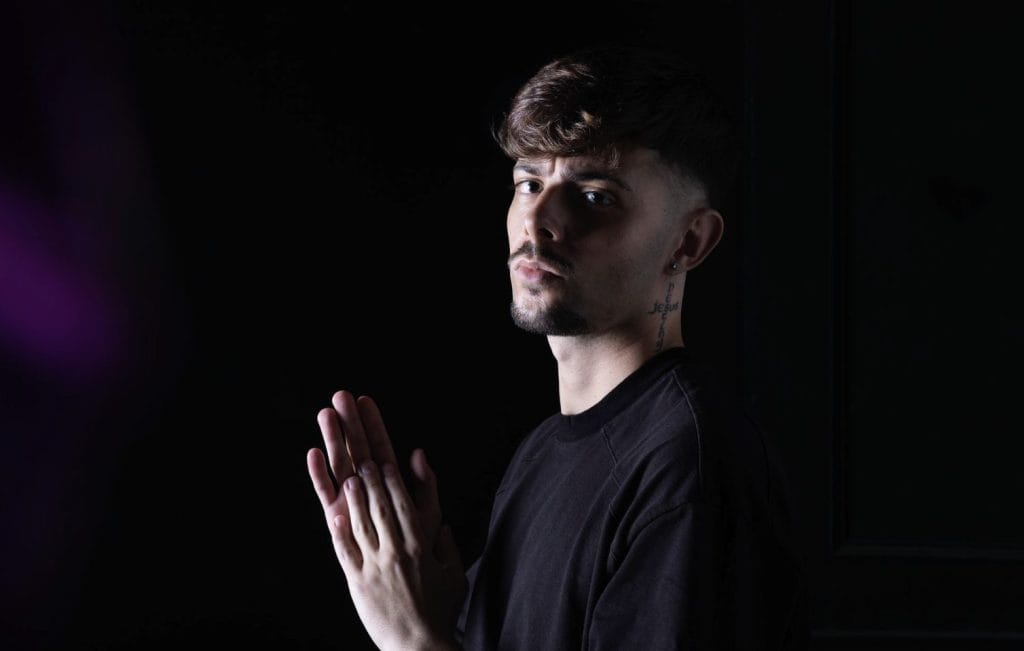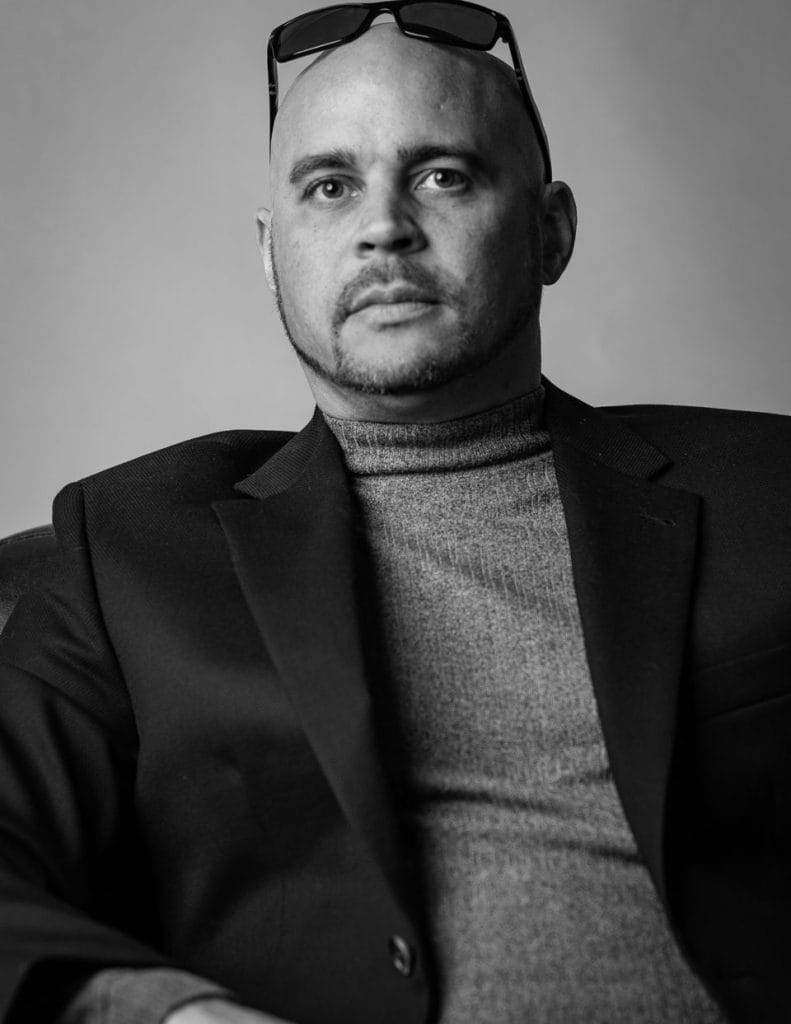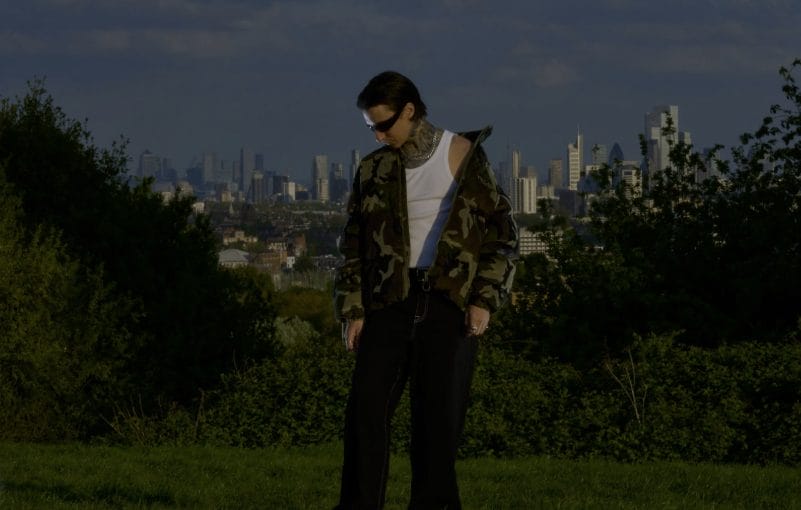After more than a decade since his last full-length, Modestep is set to return with Give Up The Ghost on September 26. Led by the Cassyette-assisted single “Limerence,” the record pushes his signature mix of drum & bass, dubstep, and rock into darker, more experimental territory while reflecting on the future of music in the age of artificial creativity.
As part of the rollout, we asked Modestep to break down how he thinks about finishing music—a process that’s evolved over years of experimentation, abandoned sessions, and a new mindset around albums. His answers reveal the discipline behind his creative flow, the role of unfinished sketches, and how he knows when a song is finally ready to be heard.
What does “finishing a track” actually mean to you?
When finishing a piece of music, I usually will have it in a state where the song part is already written and the main production elements are also down. ‘Finishing’ to me is actually just adding that level of finesse and sparkle that makes it feel sonically complete.
This can be from mixdown, to additional background production or just arranging the track in a way which feels most complete or tells the story in the best way possible. Sometimes I feel like tracks are never complete, and you’ll always find me adding and messing around with the track until it’s a struggle to improve it any further.
Do you think focusing on the end result helps or hurts your creative process?
I usually go into writing with a decent image in my mind of what it is I want to create.
Sometimes I spend days where I am speedrunning tracks, often 5-10 ideas a day, and sometimes the experimentation can spark an idea or concept that I wouldn’t typically come up with. I feel like my best work does come when I have a premeditated idea or concept beforehand. This can be a style direction, or a voice note with a topline, or even a piece of sound design that steers the direction. A lot of those songs end up writing themselves because you are just helping facilitate an end-goal.
How do you decide when something is worth finishing—and when it’s not?
I rarely finish music these days.
For one album, I might have 50-60 songs on the cutting-room floor. The chosen ones are usually tracks that embody the album or body of work that it’s going to live on, and they will be worked on all together so they feel cohesive.
I tend to only finish music when it comes to release time, and even if I’ve been playing out versions of these songs when DJing, they will likely sound quite different by the time I come to release them. I used to always finish every track that I started, and have very little unreleased music, but I switched up my method in recent years and try to churn out ideas, as many as possible in a short amount of time. I feel like ideas last for a very short time in your mind, so the quicker you get it down, the better and more true to the initial idea it is.
The longer I mess around with things, they mutate and become something else entirely. The beauty of working on an album is sorting through all of those ideas, selecting them and finishing them.
Have you ever abandoned something that taught you more than a finished track?
I’m always abandoning music, and there’s no shame in that. Sometimes I’ll spend days working on a track, and maybe I’ll just get a nice snare, synth patch or drum loop out of it.
Or maybe it just taught me a new technique or workflow idea. It’s all part of the process. I never used to be like this, and I would finish every track I started, but as I’ve become more comfortable in my creative process I’ve realised that production and writing exercises are actually key in honing your craft. It’s fine for an idea on my hard drive to just be an idea on my hard drive.
What mindset do you bring into a session when you’re aiming to finish versus explore?
When finishing a track, my approach is more methodical. I love to make lists of what I want to improve and go through those points and check them off. Listen again, make notes, check them off and repeat until I can’t hear anything more I want to change. When I’m trying to explore musical ideas, I tend to consume lots of music—I think listening to music teaches you the most.
Does trying to finish too early ever limit what a track could become?
The limiting factor on a track probably isn’t determined by how much time you spend on it, so as long as it’s creating the feeling you were after, I think it’s good to go. I’ve had tracks that have taken me months to get over the finishing line, and other tracks that I’ve started and finished, sat on a couch for six hours. You never know what something might transform into, and that can be good and bad.
I’ve definitely made great ideas sound terrible due to spending too much time on them, and that’s why I always incrementally save my projects—you never know when you might just want to go back to V1. Ultimately a track is only finished when you feel that it is, and that’s for you to decide.
The post Modestep Explains the Art of Knowing When a Song is Ready appeared first on Magnetic Magazine.






